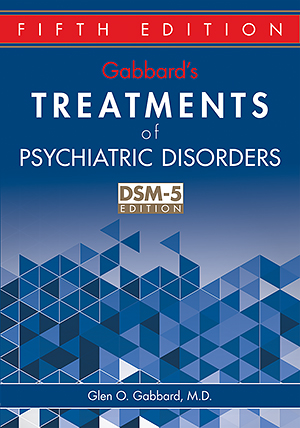Chapter 29.Adjustment Disorders
Sections
Excerpt
Adjustment disorders (ADs) occupy a special place in the taxonomy of psychiatry—the Diagnostic and Statistical Manual of Mental Disorders—between normal problems of living and threshold diagnoses: that is, they have been until now regarded as subthreshold diagnoses (American Psychiatric Association 1994, 2013). Most medical diseases and psychiatric illnesses have symptom or laboratory checklists or findings to aid and objectify the diagnosis, which is essential for the appropriate application of treatment.
Access content
To read the fulltext, please use one of the options below to sign in or purchase access.- Personal login
- Institutional Login
- Sign in via OpenAthens
- Register for access
-
Please login/register if you wish to pair your device and check access availability.
Not a subscriber?
PsychiatryOnline subscription options offer access to the DSM-5 library, books, journals, CME, and patient resources. This all-in-one virtual library provides psychiatrists and mental health professionals with key resources for diagnosis, treatment, research, and professional development.
Need more help? PsychiatryOnline Customer Service may be reached by emailing [email protected] or by calling 800-368-5777 (in the U.S.) or 703-907-7322 (outside the U.S.).



